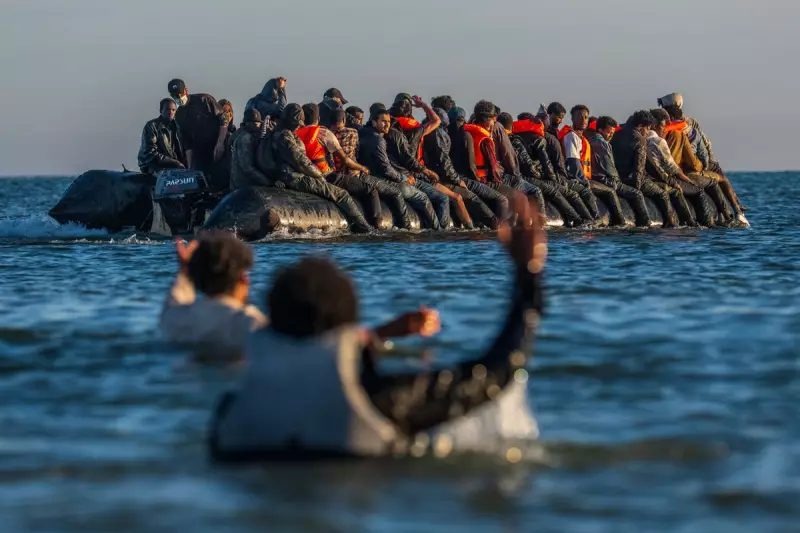
The UK government is deliberating one of its most radical immigration policies to date: a so-called "one in, one out" system for asylum seekers. This controversial model would effectively cap the number of people granted protection in the UK by linking new arrivals to the number of failed asylum seekers being removed.
A Quota System for Asylum
Under the proposed scheme, detailed in a leaked draft paper from the Home Office, a place would only be made available for a new asylum seeker if another individual is successfully deported. This could mean turning away vulnerable people—including those arriving via small boats—unless the government meets its removal targets.
The policy is being explored as a last resort should the Supreme Court rule against the government's flagship plan to deport asylum seekers to Rwanda. It represents a significant hardening of the UK's approach to immigration and asylum.
Legal and Ethical Minefield
Legal experts and human rights organisations have been quick to condemn the proposal. The United Nations' refugee agency, UNHCR, has stated that such a quota system would be a clear breach of the 1951 Refugee Convention, to which the UK is a signatory.
Enforcing the policy would present enormous practical challenges. The UK's record on removing failed asylum seekers is poor, with the number of returns having fallen dramatically over the past decade. The government would need to navigate complex legal appeals and secure new returns agreements with numerous countries.
Political Pressure and the Small Boats Crisis
The policy is a direct response to Prime Minister Rishi Sunak's pledge to "stop the boats" and the intense political pressure surrounding cross-Channel arrivals. With over 45,000 people making the dangerous journey in 2022, the issue remains a top priority for the Conservative government.
However, critics argue that such a system would be unworkable, inhumane, and would ultimately do little to address the root causes of the small boat crossings or provide safe and legal routes for those seeking sanctuary.





